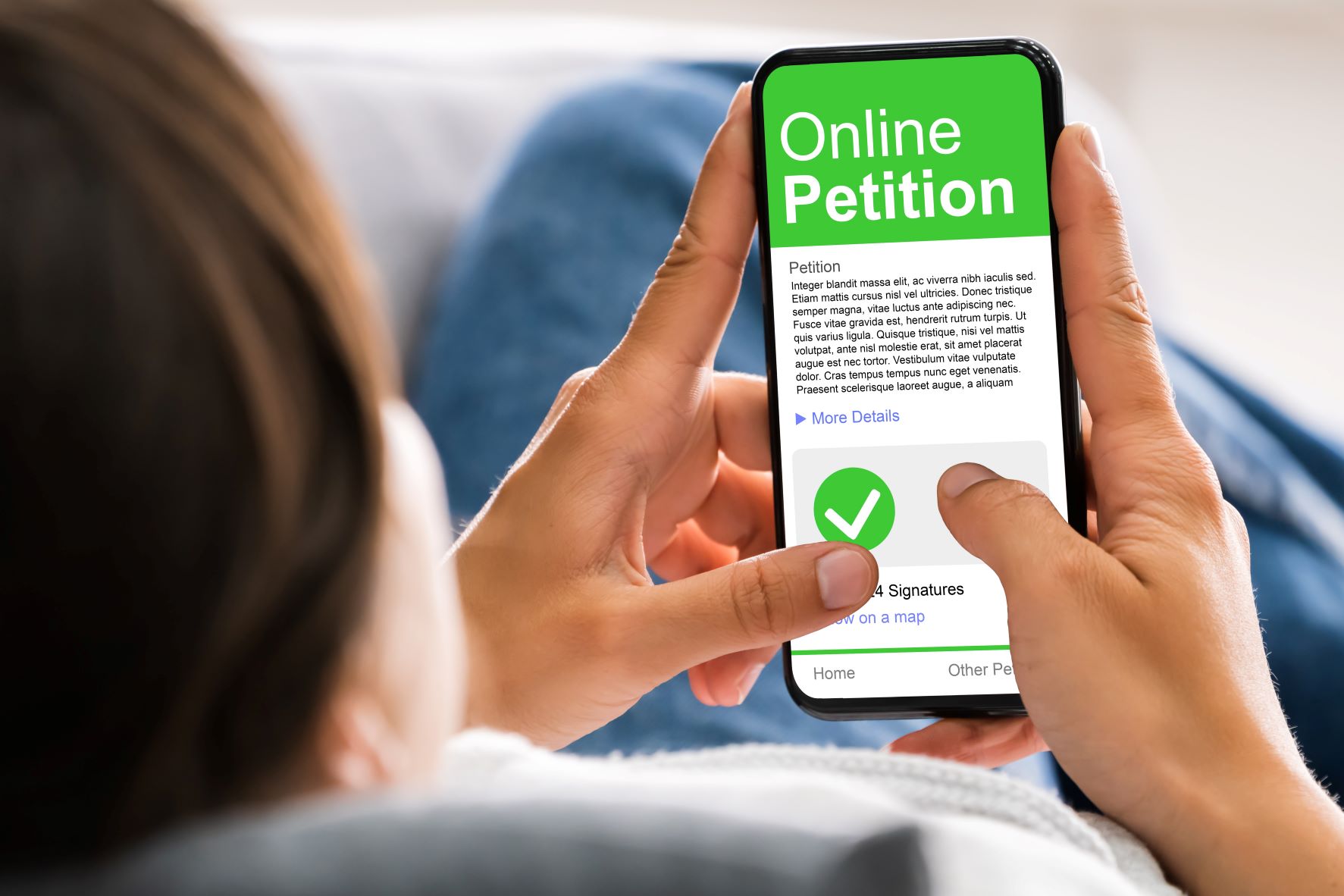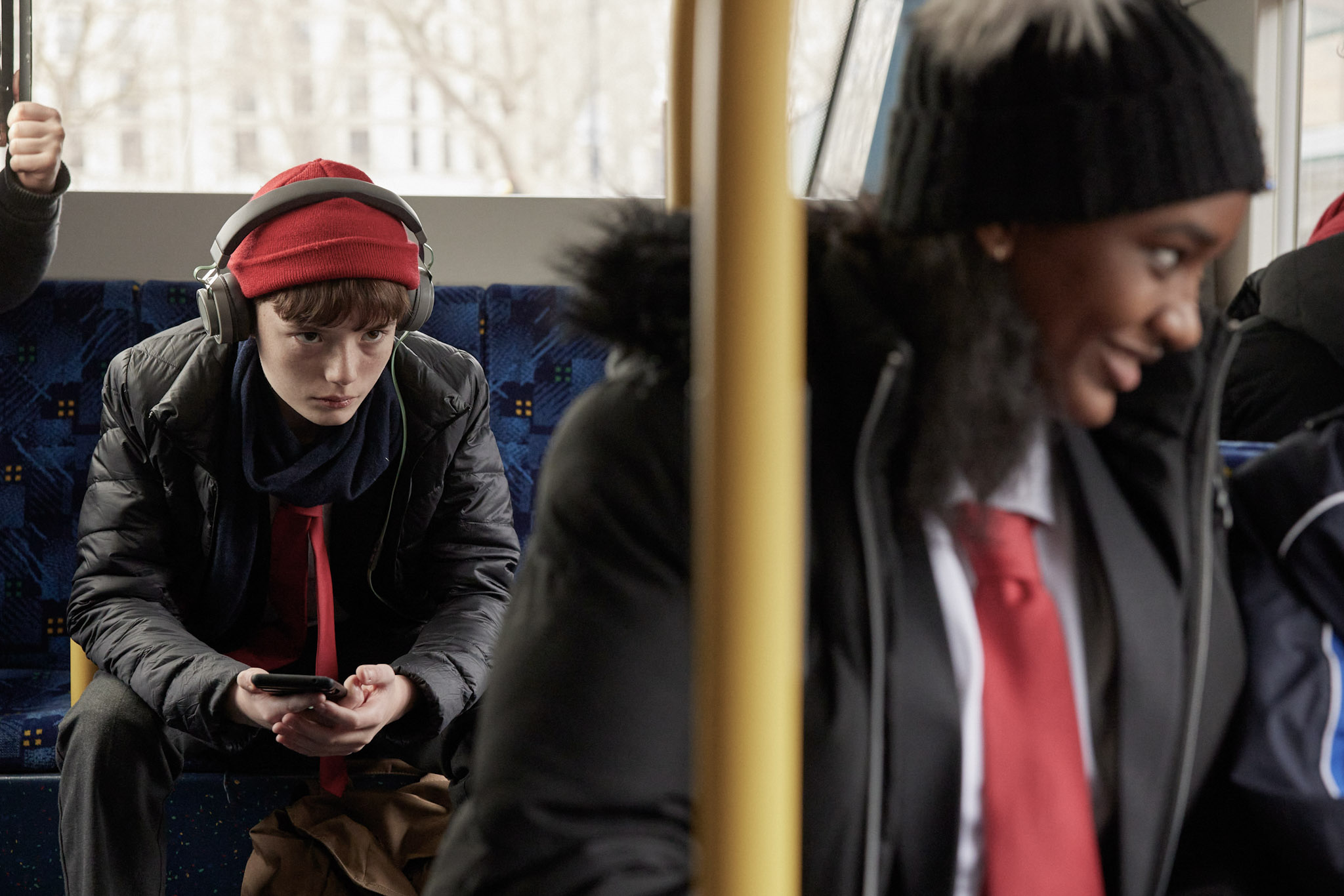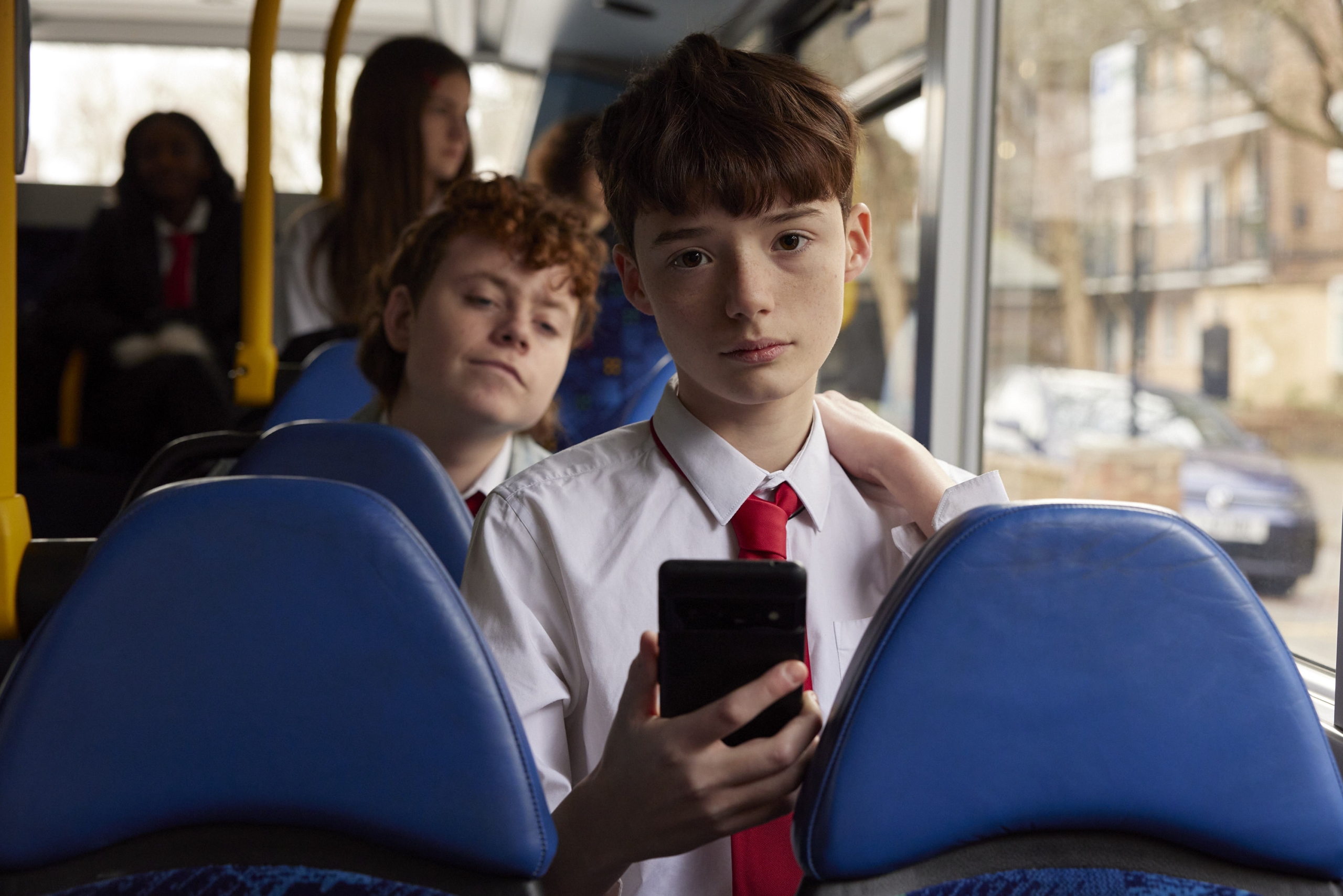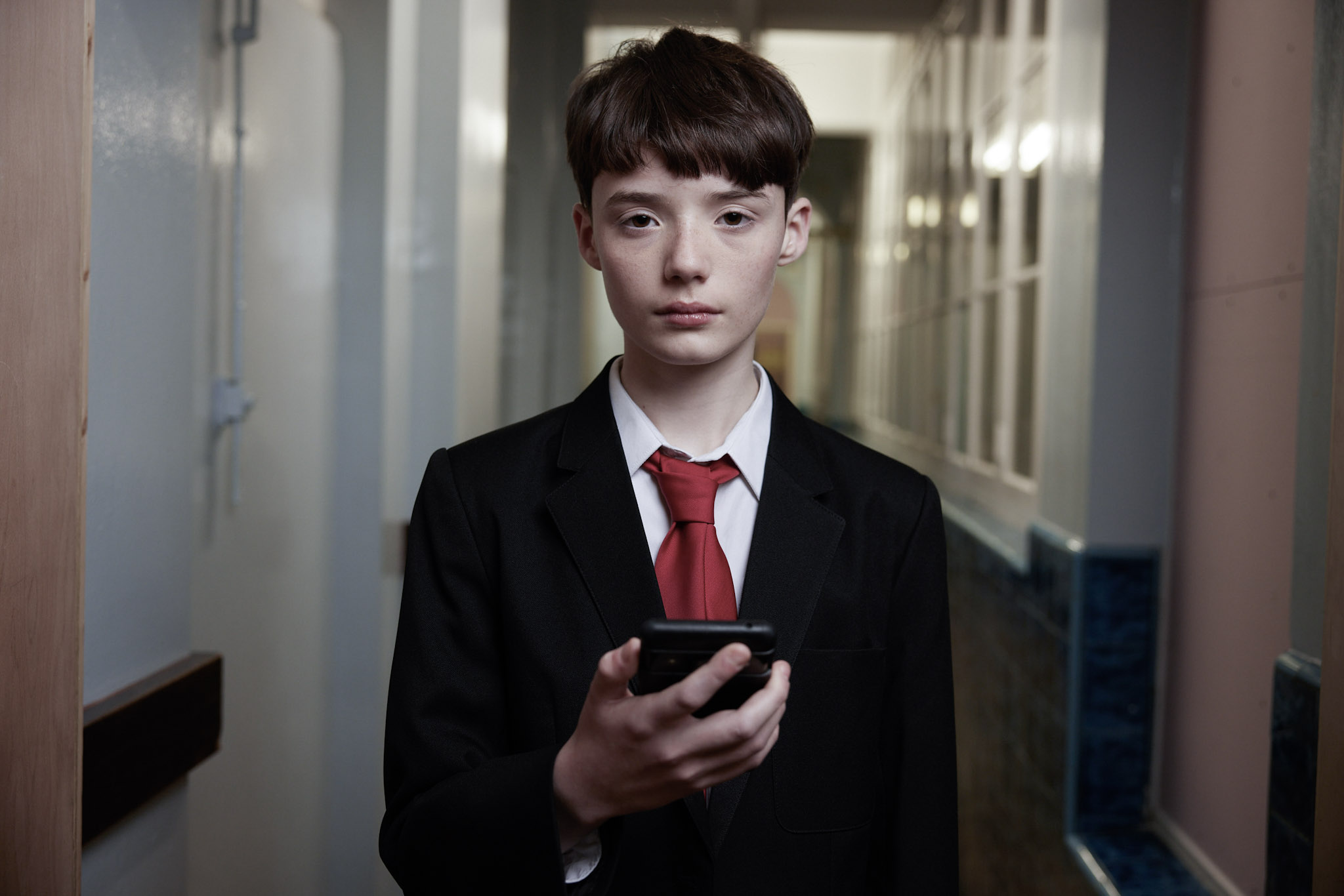From online petitions to Twitter rants, many young people take to the virtual world to call for change these days, but are they just shouting into the wind or can online protest really make a difference?
It has been called the TikTok war. Ever since the war in Ukraine began in February 2022, those of us living outside of its borders have experienced it largely through social media. President Volodymyr Zelensky made compelling viral videos; the pop star Dua Lipa called on her 80 million Instagram followers to make charitable donations; and millions more added the Ukrainian flag to their profile pictures.
We are living through an era of digital activism. But… does all this posting really help? Do our retweets and hashtags translate into real change, or even meaningful engagement? And can there be downsides to getting political on social media platforms?
Clicktivism: The argument against
The Oxford English Dictionary defines clicktivism as: “the practice of supporting a political or social cause via the internet by means such as social media or online petitions, typically characterised as involving little effort or commitment.”
It gets worse. Ever heard the term slacktivism? According to the Urban Dictionary, it is: “the self-deluded idea that by liking, sharing, or retweeting something you are helping out”.
“There’s a lot of research underway on digital activism in all its forms,” says Dr Paul Marsden, a chartered psychologist at the University of the Arts London, who conducts research on technology and wellbeing.
Social media and parental controls: Everything you need to know
Digital Awareness UK's Emma Robertson takes us through the social media safety features we definitely need to know about.
“The jury’s still out on whether performative acts on social media, like adding a flag to your online identity, have any significant effects on our behaviour.”
The main danger, he explains, is this: “Virtue signalling and moral grandstanding on social media may turn out to be a form of ‘moral cleansing’ – washing away any obligation to help by making an empty symbolic gesture.”
This level of engagement can be damaging to you in more ways than than one. In 2019, a Danish study suggested that we can become overwhelmed by the volume of images on social media and that – rather than focusing our attention on important issues – this can actually shorten our attention spans.
Collectivism: The argument in favour
But is that really fair?
“We do also know that, due to the principle of ‘psychological consistency’, one small act of support can make bigger acts of support more likely,” says Dr Marsden. “So a token gesture may nudge us to take more effective individual and collective action later.”
Indeed, in 2020, the journal Science published a paper that suggested social media activism isn’t as superficial as we may have thought. Evidence analysed by Deen Freelon and colleagues at the University of North Carolina argued that, while a single tweet is unlikely to change the world, thousands of them – all on the same issue – really can make a difference, spreading ideas and changing minds.
There’s more. Other studies have suggested that online political activity actually correlates with offline political participation and political awareness. Those who share posts about the war, in other words, may be more likely to donate, march or protest ‘IRL’.
So, “although terms such as ‘slacktivism’ are commonly used to dismiss forms of online activism, there is no doubt that digital experiences and use of the internet play a central part in many contemporary activist efforts,” says Dr Francesca Sobande, Senior Lecturer in Digital Media Studies at Cardiff University.
“From the role of hashtags in activist messaging to the use of online content-sharing platforms in citizen journalism – many people are using digital tools to organise in response to political issues and structural oppression.”
The psychological effect
If the jury’s still out on whether your ‘clicktivism’ really makes a difference, the results are on what it can do to our mental health.
“The effects of reposting or promoting social media content about the Ukraine war are likely to depend on the nature of the content,” says Dr Marsden. “It’s a simplification, but in general sharing good news stories tends to be good for us, while sharing bad news stories tends to be bad.
Ukraine crisis: How to protect your kids online
The war in Ukraine has resulted in a cascade of upsetting digital content. How should parents talk about the conflict with their children and shield them from the worst images?
“So if the content is a positive story of hope, help and humanity in the face of war, then the psychological effects of sharing the story might be positive.”
On the other hand, the ‘doom-scrolling effect’ is well established: “Repeated exposure to crisis, catastrophe and corruption can have a negative effect on our psychological wellbeing,” says Dr Marsden. It might also desensitise us to violence and suffering.
Echo online behaviour IRL (In Real Life)
“It’s important to understand that not all forms of online engagement with a political issue translate into sustained activist efforts,” says Dr Sobande. “In other words, meaningful activism is always about much more than just online visibility.
“It is essential that activism is not assumed to start and end simply with what happens online.”
Dr Marsden agrees, adding that it is also important to consider the effect that your posts have on you and those who you share them with.
“If you stick to sharing or promoting positive content, then you’re likely to have a positive impact on yourself and others.”
Stories and posts about donations given, and refugees welcomed, may well add up to something positive: boosting people’s willingness to help themselves.
In general, though?
“I’d go back to first principles,” says Dr Marsden. “Genuinely helping people is what improves wellbeing for all concerned – so focus on genuine and effective acts of kindness.”
Stay up-to-date with the latest news from Vodafone by following us on Twitter and signing up for News Centre website notifications.



![Portrait of school age boy sitting at kitchen table do not want to eat[Adobe Stock] stock photo of a young boy sitting at a kitchen table, refusing to eat the food in front of him](https://www.vodafone.co.uk/newscentre/app/uploads/2024/03/Portrait-of-school-age-boy-sitting-at-kitchen-table-do-not-want-to-eatAdobe-Stock.jpg)


![mother with daughter with smartphone in snowy weather [Adobe Stock] stock photo of a mother outside in snowy weather with her daughter while using a smartphone](https://www.vodafone.co.uk/newscentre/app/uploads/2024/02/mother-with-daughter-with-smartphone-in-snowy-weather-Adobe-Stock.jpg)



